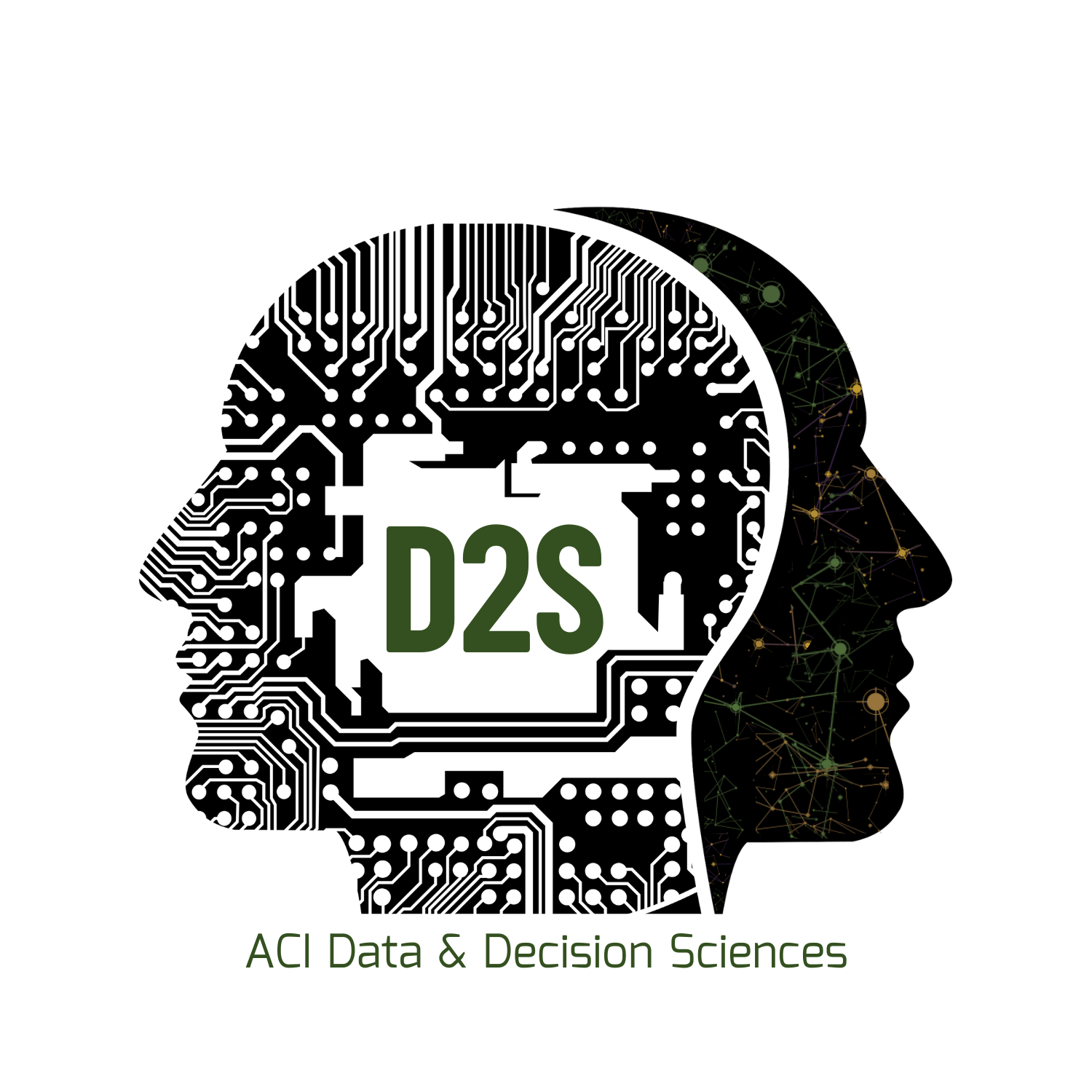-
Digital Force Protection
-
-
 The Digital Force Protection team conducts interdisciplinary research to provide strategic guidance to Army senior leadership on the development of policy, doctrine, and the acquisition of innovative technologies. Our mission is to safeguard the force while upholding civil liberties and privacy, a task that has become increasingly complex with the widespread integration of technology into every aspect of daily life, exposing new digital vulnerabilities.
The Digital Force Protection team conducts interdisciplinary research to provide strategic guidance to Army senior leadership on the development of policy, doctrine, and the acquisition of innovative technologies. Our mission is to safeguard the force while upholding civil liberties and privacy, a task that has become increasingly complex with the widespread integration of technology into every aspect of daily life, exposing new digital vulnerabilities.
Research Focus Areas:
- Information Advantage Campaign of Learning
- Commercial Data Privacy
- Influence Campaigns
- Protection of Service Member Personal Data
For more information about our current projects, research findings, and publications, please visit our page here.
-
Cyber Operations Research (CORE)
-
The Cyber Operations research team focuses is on advancing the Army’s understanding of the Cyber domain and its role in military operations through operations support, original research, education, and organizational partnerships.
This is accomplished through:
- Support to units across the Army and DoD
- Exploration and research into electromagnetic manipulation and sensing
- Analysis of platform and sensor quality and trust
- Drawing attention to new avenues of development and operation through publication and discussion
-
 Data and Decision Sciences
Data and Decision Sciences
-
The Data and Decision Sciences research and analysis portfolio aims to research, develop, test, evaluate, analyze and assess innovative, assured, intelligent, human-aware, data-centric and decision-driven capabilities for cyberspace operations with greater reliability, performance and scalability in complex, contested, congested and continually evolving battlefield environments. We seek to create holistic and integrated solutions leveraging novel approaches for data engineering, fusion and processing, data science and advanced analytics, and decision modeling for data-driven decision making.
Our goal is to develop and apply novel computational, mathematical, statistical and cognitive methods, algorithms, software and decision-support tools to analyze large and heterogeneous collections of data to generate actionable insights that enable information advantage and decision dominance. Our research explores new ways of conceiving of and executing Army, other Services, Department of Defense, Intelligence Community, and Nation data and decision science capabilities with greater reliability, performance, and scalability. As such, the research and analysis portfolio comprises the following six thrust areas:
- Battlefield, data-efficient sense-making to deliver decision speed
- Integrated human-centered computing with machine intelligence
- Artificial intelligence for autonomous cyber defense operations
- Secure, assured, robust, intelligent, and evolving C5ISR systems
- Information advantage via cognitive and societal computing
- Data security and emerging technologies for alternative computing
-
Law, Policy, and Strategy
-
- The Law, Policy, and Strategy research team focuses on developing legal, policy and ethical frameworks that guide and assist cyber operators in carrying out their missions. As authorities continues to be one of the primary issues raised by cyber leadership, the research team seeks to help improve the policies, legal authorities and ethical frameworks in order to improve timely and effective cyber operations that are guided by appropriate legal, policy and ethical constraints.
-
-
Critical Infrastructure Resilience
-
Focus on improving cyber resiliency for critical infrastructure and their communities through understanding and researching the interdependencies between critical infrastructure sectors at all levels; improving public-private partnerships; informing DOD, DA, and other agencies of the impacts of cyber incidents on critical infrastructure and how those impacts influence Army operations; and providing an opportunity for local municipalities to exercise cyber incident response.
The Jack Voltaic Cyber Research Project is an innovative, bottom-up approach to developing critical infrastructure resilience. Developed by the Army Cyber Institute at West Point, this research assembles critical infrastructure partners to study cybersecurity and protection gaps.